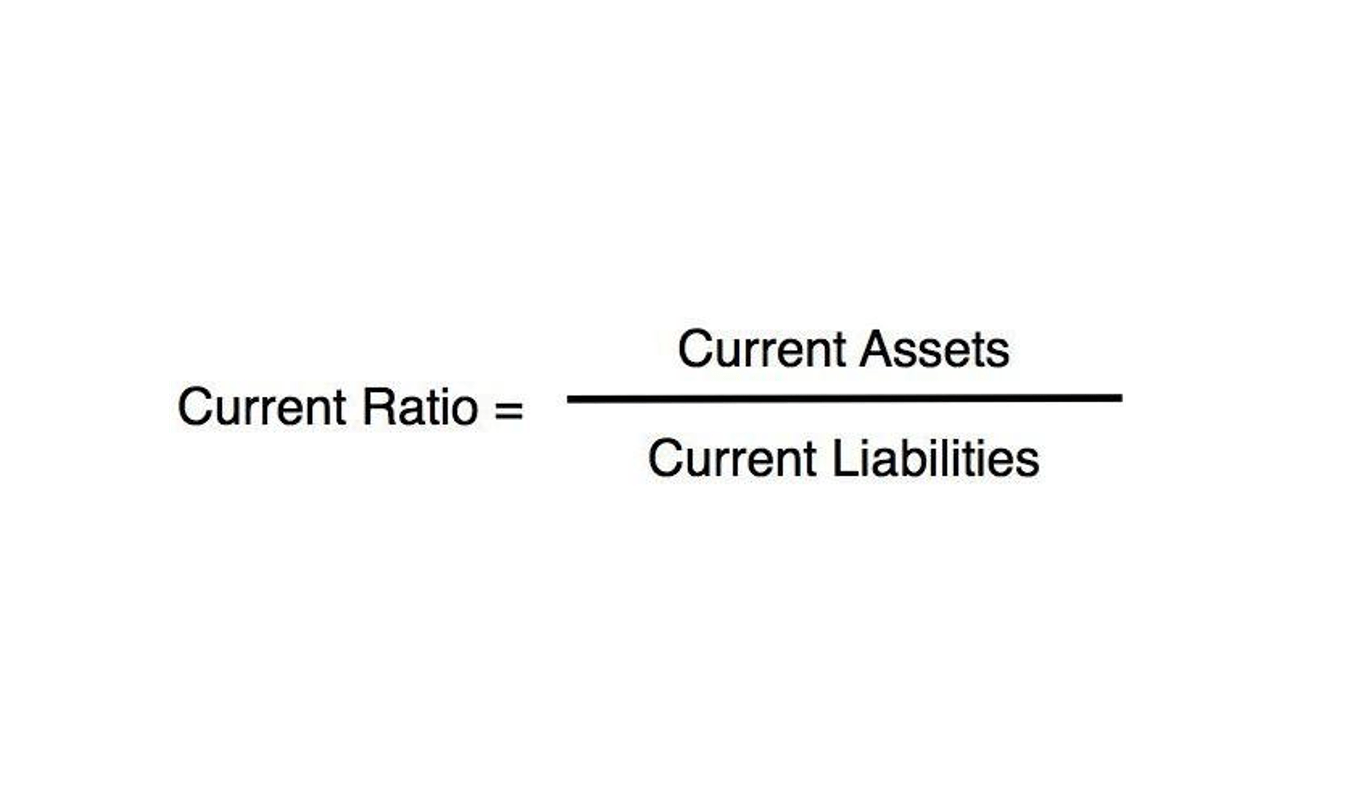
It also emphasizes the need for companies to ensure that their financial records and supporting documentation are comprehensive and readily available for audit purposes. While the cash, modified cash, or tax bases of accounting do not address going concern, accountants still need to consider the effects of negative financial conditions and trends. When using a special purpose framework (like the tax basis), the accountant should follow the guidance in GAAP. No, that doesn’t mean your disclosures are just like GAAP, but it does mean they are similar going concern language to GAAP.
Conclusion and Best Practices for Going Concern Analysis

It involves assessing the company’s ability to continue operating as a going concern and taking appropriate actions to mitigate any risks and uncertainties. The assessment should be based on sound assumptions and supported by sufficient evidence, and any material uncertainties should be disclosed in the financial statements. Ultimately, management’s responsibility for going concern extends beyond financial reporting and involves ensuring the company’s long-term viability. The going concern concept is a vital principle that underpins financial reporting, ensuring that businesses are evaluated based on their ongoing operations rather than immediate liquidation. By assuming continuity, it provides stability and clarity to financial statements, fostering stakeholder confidence and supporting long-term planning.
- During economic downturns or crises, external factors like market volatility, regulatory changes, or supply chain disruptions can challenge the assumption of continuity.
- Substantial additions were made to the related application and other explanatory material.
- The auditors expressed that they were unable to obtain sufficient evidence to determine the accuracy of revenue recognition, resulting in a limitation.
- When the auditor qualifies an opinion or issues an adverse or disclaimer of opinion, the “Opinion” title should be modified and an explanation added to the “Basis of Opinion” section.
- This type of opinion is expressed when auditors encounter certain limitations or exceptions that affect their ability to provide an unqualified opinion.
- The principal part of the project was completed in 2014 with the issuance of SAS 128, which made the standards easier to read, understand, and apply, but did not significantly change them.
- When management’s plans alleviate substantial doubt, companies need not use the words going concern or substantial doubt in the disclosures.
Global Risk Landscape 2025

The information contained herein is not intended to be “written advice concerning one or more Federal tax matters” subject to the requirements of section 10.37(a)(2) of Treasury Department bookkeeping Circular 230. In the context of corporate valuation, companies can be valued on either a going concern basis or a liquidation basis. Case studies can help auditors and other professionals develop best practices for assessing going concern. For instance, the collapse of arthur Andersen following the enron scandal led to new regulations and guidelines that have helped auditors improve their assessments of going concern.
The Importance of Qualified Opinions in Audit Reports
- Yes, if the financial statements are prepared in accordance with the FASB Codification.
- However, a company can choose to justify their decisions and attempt to make the auditor believe that poor business operating conditions are only temporary.
- As a result, the company successfully addressed the qualified opinion in the subsequent audit and improved its financial reporting practices.
- By understanding the specific issue, stakeholders can assess the potential impact on the organization’s financial statements and operations.
- One of the key considerations that auditors have to make when auditing financial statements is the concept of going concern.
The auditor’s opinion is based on reasonable assurance, which means that the auditor has obtained sufficient evidence to support their opinion. The auditor will evaluate the company’s financial statements, cash flow projections, and management’s plans to address any financial difficulties. Reporting on an audit of a public company’s financial statements under PCAOB standards requires discussing critical audit matters (CAM). The ASB chose the title KAM without requiring—but allowing—nonissuer entities to engage auditors to issue such communications. Unless the startup got funding (or should I say, runway) for 2 or more years, it will be standard verbiage.

Once an auditor examines a company’s financial statements to see if the operating conditions of the entity are suitable for the long-term continuity of the business, they will issue a certificate accordingly. Some of the conditions that create substantial doubts for the principle of going concern are defaults on loans, lawsuits, company plans to declare bankruptcy, continued losses year over year, etc. FASB only requires the evaluation for the year following the date the financial statements are issued (or available to be issued, as applicable). Events following this one year period have no bearing on the current year going concern decisions. Qualified opinions provide stakeholders with additional information to make informed decisions. Investors, lenders, and other interested parties can analyze the reasons behind the qualification and assess the potential impact on their investment or lending decisions.
The Auditor’s Role
Also, it must be probable that management’s plans will be effective in alleviating substantial doubt. Auditors will use SAS 132, The Auditor’s Consideration of an Entity’s Ability to Continue as a Going Concern, to make going concern decisions. This SAS is effective for audits of financial statements for periods ending on or after December 15, 2017. SAS 132 amends SAS 126, The Auditor’s Consideration of an Entity’s Catch Up Bookkeeping Ability to Continue as a Going Concern.
- Ultimately, the company regained the trust of its stakeholders and saw a positive impact on its stock price.
- By qualifying their opinion when necessary, auditors uphold their duty to report any potential issues or limitations they have encountered during the audit process.
- Do you need to concern yourself with going concern in compilation and review engagements?
- Additionally, regulators and government agencies may scrutinize organizations with qualified opinions more closely, potentially leading to increased regulatory oversight or legal implications.
- When businesses are upfront about their going concern issues, it can help stakeholders make informed decisions.
What are the responsibilities of the auditor as a going concern?
Suppose an entity knows it will be unable to meet its November 15, 2018, debt balloon payment. The financial statements are available to be issued on June 15, 2017, so the reasonable period goes through June 15, 2018. But management knows it can’t make the balloon payment, and the bank has already advised that the loan will not be renewed. SAS 132 requires the auditor to inquire of management concerning their knowledge of such conditions or events. Management believes the Company’s present cash flows will not enable it to meet its obligations for twelve months from the date these financial statements are available to be issued. It is probable that management will obtain new sources of financing that will enable the Company to meet its obligations for the twelve-month period from the date the financial statements are available to be issued.
